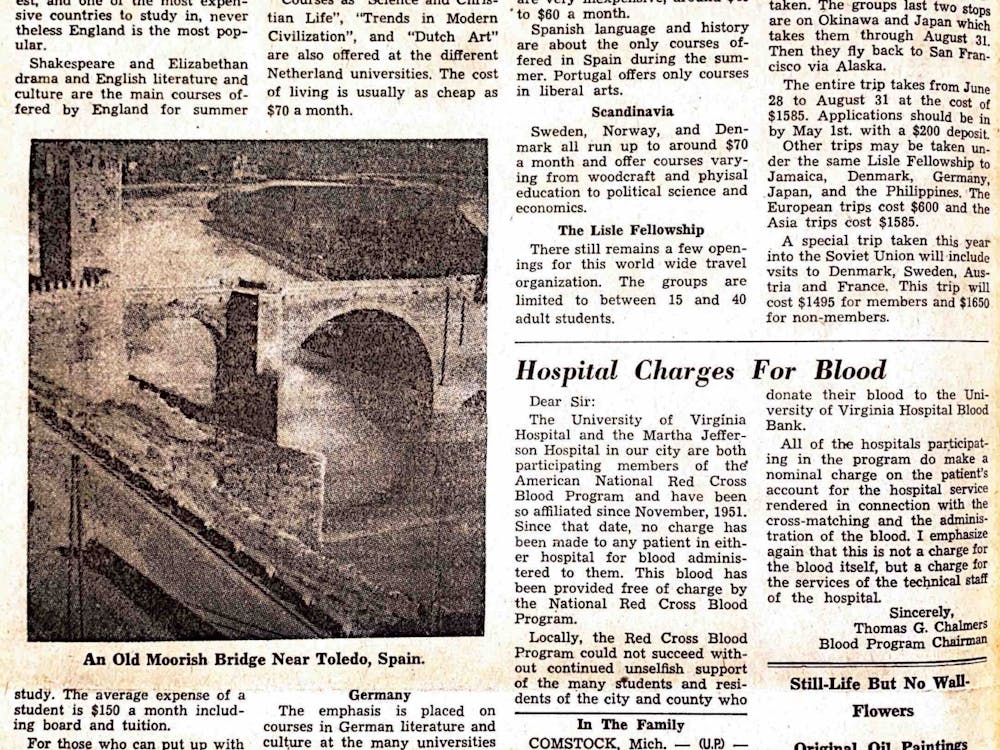A former University Law student filed a lawsuit Thursday against the Department of Education challenging the constitutionality of a federal sexual assault directive.
In the lawsuit, the plaintiff — who was found responsible for sexual misconduct while attending the Law School — claims the directive bypassed normal procedures established under the Administrative Procedure Act.
According to the U.S. Environmental Protection Agency, the Administrative Procedure Act requires that administrative agencies publish proposed rulemaking in the Federal Register as well as provide opportunities for the public to comment on proposed regulations before they are finalized. The act also requires most rules have at least a 30-day delayed effective date.
The DOE, Office for Civil Rights in the Department of Education, United States Secretary of Education John B. King, Jr. and Catherine E. Lhamon, assistant secretary for civil rights in the OCR, have all been named as defendants in the lawsuit.
The complaint is formally sponsored by the Foundation for Individual Rights in Education, or FIRE, whose mission is to defend individual rights on American college and university campuses.
FIRE has long objected to the OCR’s 2011 Dear Colleague Letter on sexual violence, according to the Washington Post. The letter was a supplement to the OCR’s 2001 Revised Sexual Harassment Guidance.
Before the letter was published in 2011, the University used the legal standard of “clear and convincing evidence” in cases of sexual assault. After 2011, the standard changed to “preponderance of the evidence.” The latter is a less rigorous evidentiary standard which requires the complaining party demonstrate that the proposition is more likely true than not true, according to the Legal Information Institute.
“But for U.Va.’s mandated use of the preponderance standard,” the lawsuit reads, “[the plaintiff] would not have been found responsible” for sexual misconduct while at the University.
The plaintiff is requesting that the court enter an order vacating the OCR’s 2011 Dear Colleague Letter, award him “reasonable costs and expenses” including legal fees and provide “further and additional relief as this Court may deem just and proper.”





